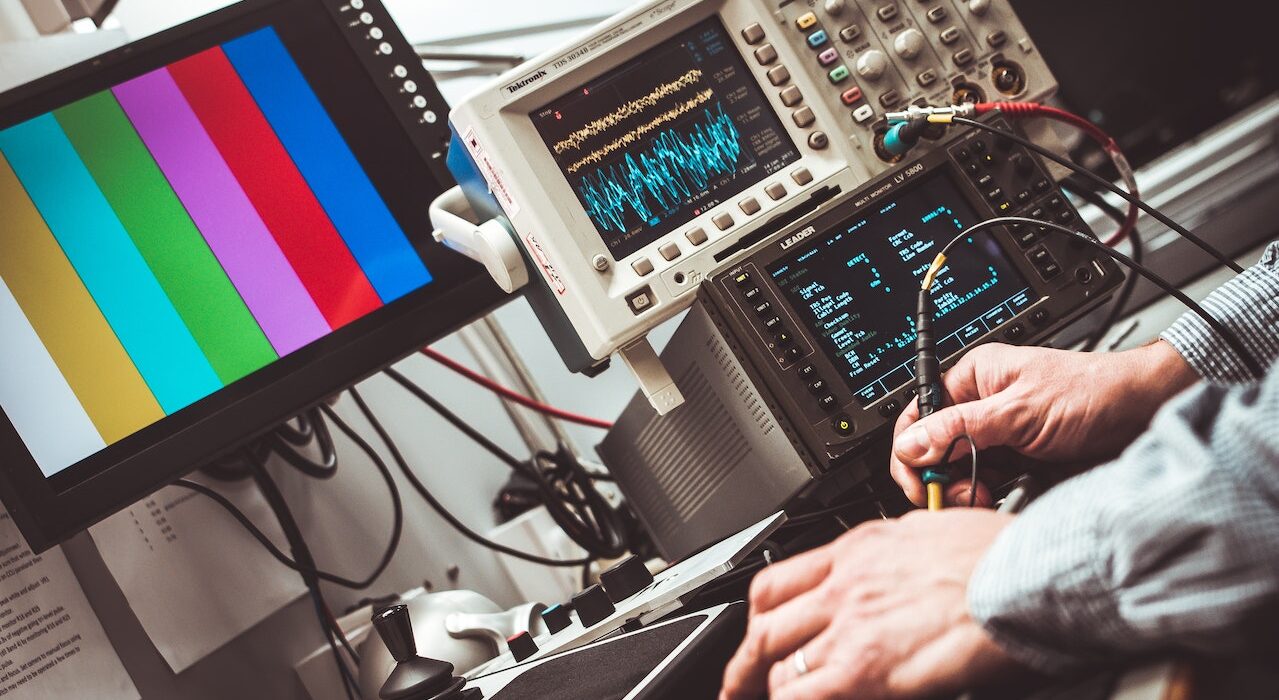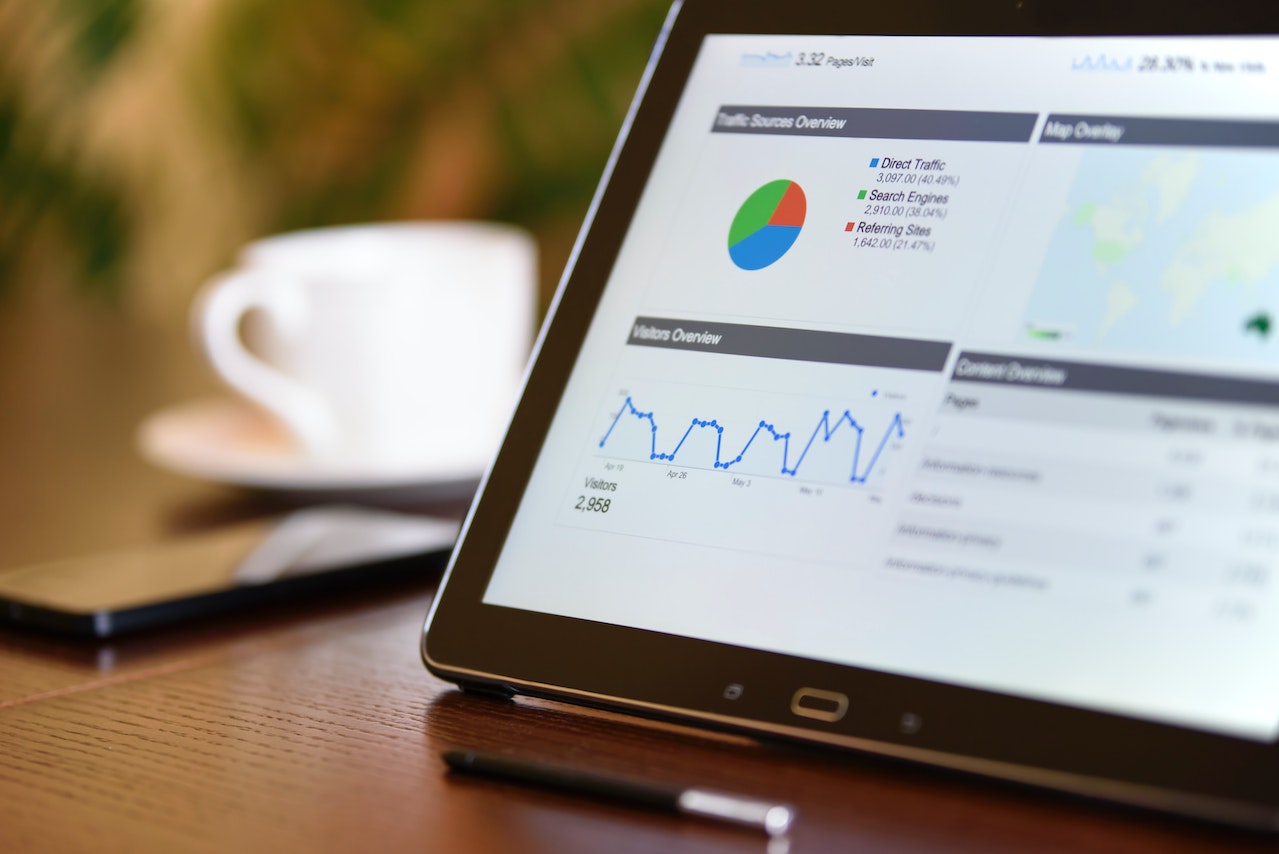The Internet of Things (IoT) has revolutionized many industries, including healthcare. The healthcare industry has always been focused on improving patient outcomes, and the IoT is helping to achieve this goal. The IoT refers to a system of interconnected devices that collect and transmit data to a central server, where it can be analyzed and used to improve healthcare services. In recent years, the global Internet of Things in Healthcare market size has been rising, and this trend is set to continue.
According to a report by MarketsandMarkets, the global IoT in healthcare market size was valued at $41.2 billion in 2020 and is expected to grow at a compound annual growth rate (CAGR) of 25.2% to reach $188.2 billion by 2026. This significant growth is attributed to several factors, including the rising demand for remote patient monitoring, the need to reduce healthcare costs, and the increasing prevalence of chronic diseases.
Remote Patient Monitoring
Remote patient monitoring is a critical application of the IoT in healthcare. It involves the use of connected devices to monitor patients’ health remotely. Patients can use wearable devices, such as smartwatches or fitness trackers, to track their vital signs, such as heart rate, blood pressure, and blood glucose levels, and transmit this data to their healthcare providers. Healthcare providers can then analyze the data and take appropriate action if necessary.
The demand for remote patient monitoring has increased significantly due to the COVID-19 pandemic. The pandemic has highlighted the need for remote healthcare services to reduce the risk of transmission of the virus. The use of remote patient monitoring has also helped to free up hospital beds and reduce healthcare costs. As a result, the global IoT in healthcare market size is expected to grow significantly in the coming years.
Reducing Healthcare Costs
One of the biggest challenges facing the healthcare industry is the rising cost of healthcare services. The IoT can help to reduce healthcare costs by improving patient outcomes and reducing hospital readmissions. By monitoring patients remotely, healthcare providers can detect potential health issues early and take appropriate action, reducing the need for hospitalization.
The IoT can also help to improve medication adherence, which is a significant problem in the healthcare industry. According to a report by the World Health Organization (WHO), poor medication adherence leads to approximately 125,000 deaths each year in the United States alone. The IoT can help to address this problem by reminding patients to take their medication and monitoring their compliance.
Prevalence of Chronic Diseases
The rising prevalence of chronic diseases is another factor contributing to the growth of the IoT in healthcare market. According to a report by the Centers for Disease Control and Prevention (CDC), approximately six in ten adults in the United States have a chronic disease, and four in ten have two or more chronic diseases.
Chronic diseases require ongoing management, and the IoT can help to improve the management of these diseases. By monitoring patients remotely, healthcare providers can detect potential health issues early and take appropriate action, reducing the risk of complications. The IoT can also help to improve medication adherence, which is critical in the management of chronic diseases.
Key Players in the Global IoT in Healthcare Market
The global IoT in healthcare market is highly competitive, with several key players competing for market share. Some of the key players in the market include:
- GE Healthcare: GE Healthcare is a leading provider of healthcare technology and services. The company offers a range of IoT solutions, including remote patient monitoring and asset tracking.
- Philips: Philips is a global technology company that offers a range of healthcare solutions. The company offers IoT solutions for remote patient monitoring and clinical informatics.
- Cisco Systems: Cisco Systems is a global technology company that offers a range of IoT solutions for healthcare, including remote patient monitoring and asset tracking.
- IBM: IBM is a global technology company that offers a range of IoT solutions, including Watson Health, which uses artificial intelligence and machine learning to improve patient outcomes.
- Medtronic: Medtronic is a medical technology company that offers a range of IoT solutions for the management of chronic diseases, such as diabetes.
- Microsoft: Microsoft is a global technology company that offers a range of IoT solutions for healthcare, including remote patient monitoring and asset tracking.
- Qualcomm Life: Qualcomm Life is a subsidiary of Qualcomm Incorporated that offers a range of IoT solutions for healthcare, including remote patient monitoring and medication management.
- Honeywell: Honeywell is a global technology company that offers a range of IoT solutions for healthcare, including remote patient monitoring and asset tracking.
- Abbott Laboratories: Abbott Laboratories is a medical technology company that offers a range of IoT solutions for the management of chronic diseases, such as diabetes and heart disease.
- Bosch: Bosch is a global technology company that offers a range of IoT solutions for healthcare, including remote patient monitoring and asset tracking.
The global IoT in healthcare market is expected to continue to grow in the coming years, driven by the rising demand for remote patient monitoring, the need to reduce healthcare costs, and the increasing prevalence of chronic diseases. As the market continues to grow, competition among key players is expected to intensify, leading to increased innovation and the development of new IoT solutions to address healthcare challenges.
Conclusion
The global Internet of Things in Healthcare market size is rising, driven by the need to improve patient outcomes, reduce healthcare costs, and address the rising prevalence of chronic diseases. Remote patient monitoring is a critical application of the IoT in healthcare, and its demand has increased significantly due to the COVID-19 pandemic. Key players in the market include GE Healthcare, Philips, Cisco Systems, IBM, Medtronic, Microsoft, Qualcomm Life, Honeywell, Abbott Laboratories, and Bosch. As the market continues to grow, innovation in IoT solutions for healthcare is expected to increase, leading to significant advances in healthcare services and patient outcomes.





